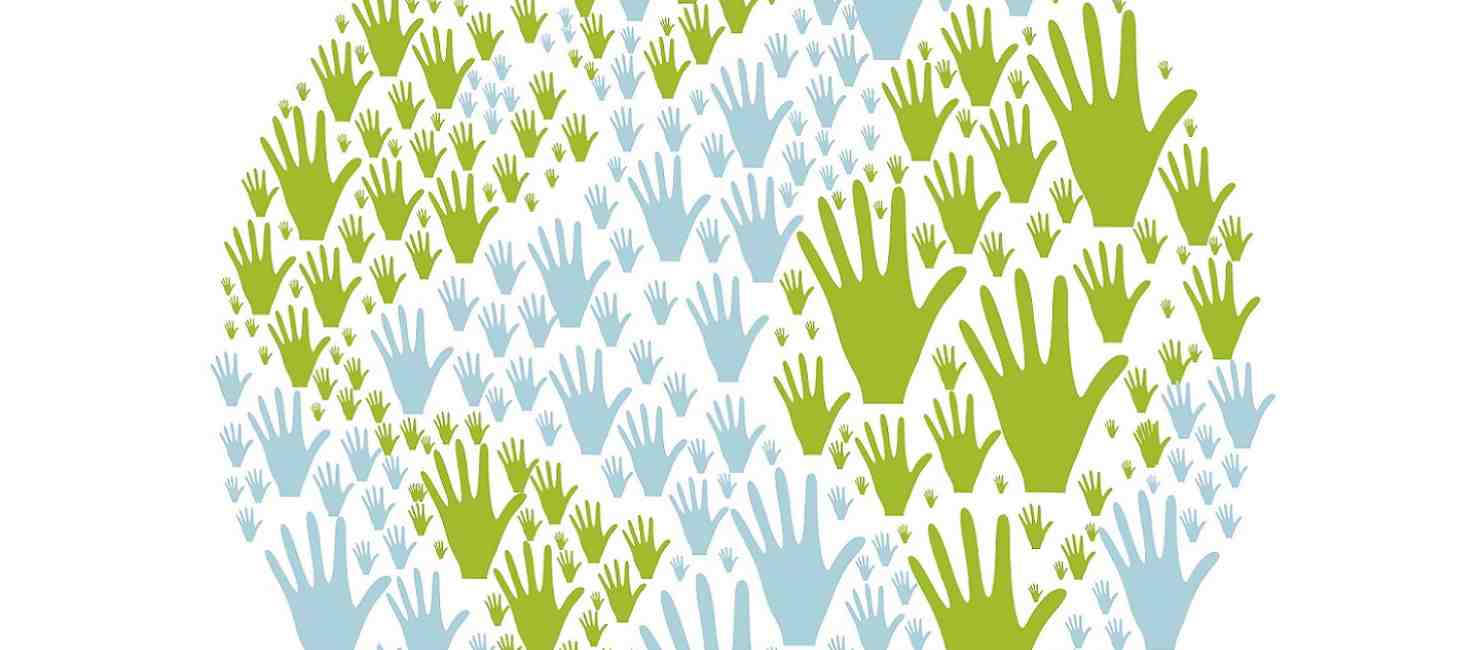How do I talk to our neighbor who is following children?
Dear Stop It Now!,
My friend and I have noticed a man in our neighborhood following my friend's grandchildren when we take them to the park. He has followed the kids when the grandmother is at the park, and when I am at the park. He leaves shortly after we go. He is not a listed sex offender. Do you have any recommendations on how I can confront him proactively and provide resources for him? I do not want to call the police on him for something he has not yet done, but it does seem clear that he is following the girls, not me.

Dear Concerned Adult,
I can see why you're worried about the way this neighbor is behaving. Ignoring appropriate boundaries (in this case, following children) is indeed a Behavior to Watch for When Adults are with Children, and it is not a safe way for any adult to behave.
The Importance of Speaking Up
You're absolutely right in wanting to talk to him. In fact, one of the Four Rs of Prevention is Responsibility - like taking the responsibility of speaking up when you notice something that prompts concern. You are taking a highly preventative measure in not only planning to talk to him, but also intending to offer resources. This way he can hear what is and isn't okay, and he will have the opportunity to take responsibility for his unsafe behaviors by finding help. Lastly, making the brave decision to check in with this man is highly protective for your neighbor's grandchildren, and for all other children that this man may encounter in the future.
Calling In An Ally
First, I'm wondering if anyone can be there with you at this talk? Perhaps your friend, this grandparent, feels comfortable being present. This could be especially powerful, as they also have concerns. If not, do you have any other allies in your concerns, like another concerned parent or grandparent in the neighborhood? The purpose of this talk is not to be accusatory or confrontational, so think about having someone there who may be able to offer gentle support while helping you keep things calm and clear.
Speaking With Impact
It can help to practice what you'll say beforehand. Keep things simple by explaining what you've seen, clarifying boundaries, and then offering resources. Though I encourage you to use your own words, you may want to say something along the lines of, "This is hard to talk about, but it's really important. Even though we don't know each other well, I want to be honest with you and share that I'm concerned about the way you've been behaving around the neighborhood. I've noticed you following children multiple times. This is inappropriate and unsafe, and it has to stop. Though I have no idea what exactly is going on for you, please know that if you ever need it help, it is available. If you are interested in this, I know of a resource you can look into." You may find these two info sheets below helpful for finalizing how and what you'd like to communicate to this man.
In holding this talk, pick a place that feels safe. This may be at the park itself, in front of his house, or somewhere else you feel it is appropriate to have this talk. And please, if at any time it doesn't feel safe to check in with him, do trust your gut.
This doesn't have to be long, just clear. Express your concerns, clarify what needs to change (his behavior), and explain that resources for help are available. Though it may come across as confrontational to print out resources for him, you can definitely mention that resources exist and that if he's curious he can ask you more. I've included some links below which may offer help to this man if he does tell you that he wants more info about resources.
- Fifteen Questions About Your Own Thoughts and Behaviors
- Resource Guide: People Concerned About Their Own Thoughts and Behaviors
Continue Planning For Safety
It is great that you and your friend talked to each other about your shared concerns. Adults communicating with each other is an important Everyday Action to Keep Kids Safe. Though I'm not sure what will happen after you talk to this man, you and your friend might also want to check in with other neighbors about creating a neighborhood safety plan. Safety Planning articulates the guidelines about safe behaviors kids should follow and expect from others, and all adults are expected to model and enforce these rules. Safety planning also shows kids who they can talk to (like a parent, grandparent, or other safe adult) if they ever have questions about their own or someone else's behaviors. Whether implemented within a family, extended family, or in a neighborhood across households, these rules are highly protective and a great next step to take after checking in with this man. And, you may also want to specifically check in with this grandparent of the children who were followed. They may have other ideas about how to keep kids safe in the neighborhood.
Take care,
Stop It Now!
Feedback:
Please share your feedback on this question
Last edited on: October 1st, 2020

